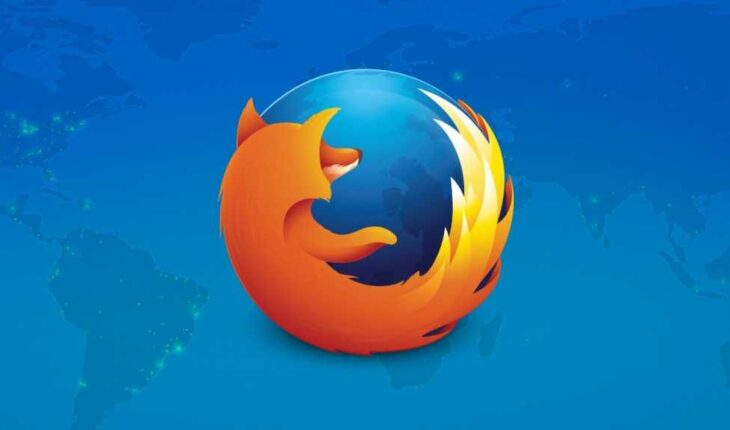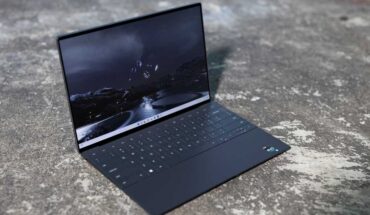
The recent release of Firefox 134 brings several improvements to the browser, including better video playback on Windows and better support for touchpads on Linux, as well as fixes to several security flaws. Firefox ESR and Tor Browser have also received security updates.
What’s new in Firefox 134?
With this update, Firefox now plays HEVC-encoded (H.265) videos hardware-accelerated on Windows computers. On Linux, Firefox now supports a stop gesture on the touchpad — a scroll action can be stopped by placing two fingers on the touchpad.
The Ecosia search engine is now also available in other countries, including Austria, Belgium, Italy, Spain, Sweden, Switzerland, and the Netherlands. A modified layout of the new tab page is initially reserved for users in the US and Canada.
Mozilla plans to release Firefox 135 on February 4, 2025.
Security vulnerabilities fixed in Firefox 134
In Mozilla’s 2025-01 security advisory, we see at least 11 security vulnerabilities that have been addressed with Firefox 134, three of them having a “high” impact rating.
The vulnerabilities CVE-2025-0244 (high impact), CVE-2025-0245, and CVE-2025-0246 (medium impact) only affect Android.
Meanwhile, CVE-2025-0242, CVE-2025-0243, and CVE-2025-0247 are summarized reports of internally discovered vulnerabilities that could potentially be exploited to execute arbitrary code.
Updates for Firefox ESR and Tor Browser
Mozilla has also updated its long-term versions — Firefox ESR 128 and ESR 115 — to eliminate vulnerabilities. Seven security flaws have been fixed in Firefox ESR 128.6.0 and two in Firefox ESR 115.19.0.
Tor Browser 14.0.4, based on Firefox ESR 128.6.0, will be available soon. An update for Tor Browser 13.5 to version 13.5.11 is already available if you’re running Windows 7 or 8.1 or macOS 10.13 or 10.14.
Firefox ESR 115 and Tor Browser 13.5 based on it will continue to be supported until at least March 4, 2025. Mozilla will soon announce whether there will be a further extension on that.
This article originally appeared on our sister publication PC-WELT and was translated and localized from German.





